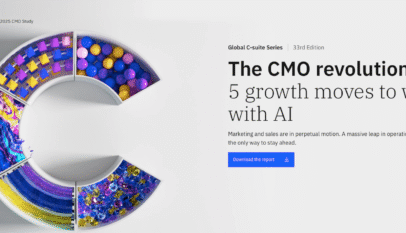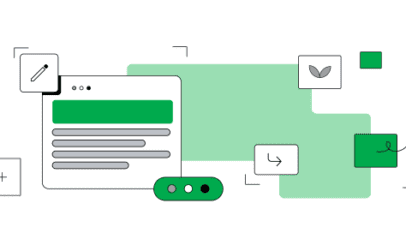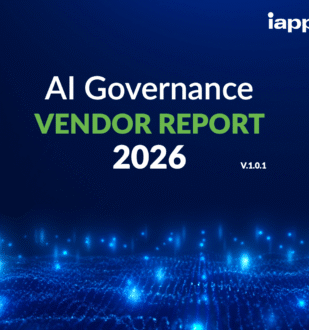
How AI is Personalizing Marketing Strategies for E-commerce Success
Consumers today expect personalized experiences from start to finish, and 80% of shoppers are more likely to purchase from brands that cater to their individual needs. As an e-commerce business, you’ve likely felt the pressure to meet these expectations. But how do you create unique experiences for thousands, or even millions, of customers?
The answer lies in Artificial Intelligence (AI). AI is no longer just a futuristic concept—it’s actively transforming how e-commerce companies approach marketing. By using AI, you can tap into highly personalized marketing strategies that boost customer engagement, streamline marketing resources, and contribute to long-term business growth.
Key AI Technologies in E-commerce Marketing
To understand AI’s role in personalized marketing, we must first grasp the core technologies powering its capabilities. AI is not a one-size-fits-all solution. Various tools and techniques come together to offer you actionable insights and automate key marketing processes.
● Machine Learning: Processes vast amounts of customer data to identify patterns and predict customer wants.
● Natural Language Processing (NLP): Powers chatbots and voice assistants for more human-like customer interactions.
● Predictive Analytics: Forecasts trends based on historical customer behavior to tailor marketing strategies.
Together, these technologies allow you to create personalized experiences that meet your customers where they are—whether it’s through product recommendations, customer service, or even targeted ads.
Benefits of AI in E-commerce Personalization
Industry insights and marketing resources consistently highlight that personalization is a key driver of customer satisfaction and loyalty. Beyond a simple name drop, AI can analyze your customers’ preferences and behaviors to offer tailored experiences that resonate. Here’s how AI can boost your marketing:
Enhanced Customer Experience
AI tools allow you to recommend products based on each customer’s unique browsing and purchase history. For instance, think about how Amazon suggests items that seem perfectly suited to your needs. This isn’t luck; it’s AI at work. By implementing recommendation engines, you can offer your customers a similarly personalized shopping experience, increasing the chances they’ll make a purchase.
In addition to product recommendations, AI-powered chatbots use natural language processing to engage with customers in real time. These bots provide personalized support, answering questions and even suggesting products, which helps build a positive relationship with your audience.
Improved Engagement
Sending generic marketing emails to your entire mailing list won’t cut it anymore. AI can personalize your email marketing campaigns by analyzing each customer’s past interactions with your brand. This means the content and product suggestions in your emails are tailored to their interests, leading to higher open and click-through rates.
Retargeting is another area where AI shines. If a customer abandons their cart, AI-driven systems can send reminders or offer discounts at the right moment, increasing the likelihood of conversion. The result? Better engagement and more sales.
Boosted Sales
AI can also boost sales through dynamic pricing, a method that adjusts product prices based on factors like demand, customer behavior, and competitor pricing. By leveraging this, you can ensure you’re offering competitive prices that maximize sales without sacrificing margins.
AI-driven personalization doesn’t stop at pricing; it also extends to promotions. By offering discounts and promotions based on individual customer data, you’re more likely to close sales. Tailored offers ensure that the right customer sees the right deal, at the right time.
How to Integrate AI Into Your Marketing Strategy
Integrating AI into your e-commerce marketing can be a powerful way to boost your business’ growth. Here’s how to get started with practical, actionable steps:
1. Pinpoint Key Areas for Improvement
Determine the main areas where AI can deliver the greatest benefits. For instance, if you’re struggling with low customer engagement, consider implementing an AI-powered recommendation engine that personalizes product suggestions based on browsing behavior. If customer inquiries take up too much time, an AI chatbot could streamline support.
To determine where AI is most useful, assess your customer journey and see where bottlenecks occur. Focus on areas that directly affect conversions, such as pricing, abandoned carts, and customer service.
2. Test on a Small Scale
AI technology can be expensive, but you don’t need to overhaul your entire marketing strategy at once. Start with one or two AI tools, such as an email marketing platform that uses predictive analytics to send personalized emails. Measure its performance, monitor customer responses, and assess the ROI.
This approach helps you evaluate whether the AI tool is truly adding value before making a larger investment. If it works well, you can gradually scale up to other areas, such as product recommendations or dynamic pricing.
3. Choose the Right AI Partner
Partnering with the right AI providers is crucial. Look for vendors with experience in your industry and who can integrate smoothly with your existing e-commerce platform. Some AI solutions offer easy-to-use plug-ins for popular ecommerce platforms like Shopify or Magento, which simplifies the integration process.
By starting small and selecting the right AI tools for your business, you can gradually incorporate AI into your marketing strategy without disrupting your operations or stretching your budget too thin.
Final Thoughts
AI has become an essential tool for e-commerce businesses looking to meet the growing demand for personalized customer experiences. From machine learning and NLP to predictive analytics, these technologies help optimize key areas of your digital strategy. By starting small and choosing the right AI solutions, you can enhance customer engagement, boost sales, and make a lasting impact. As e-commerce continues to evolve, those who leverage AI will be better positioned to thrive in an increasingly competitive market.




























